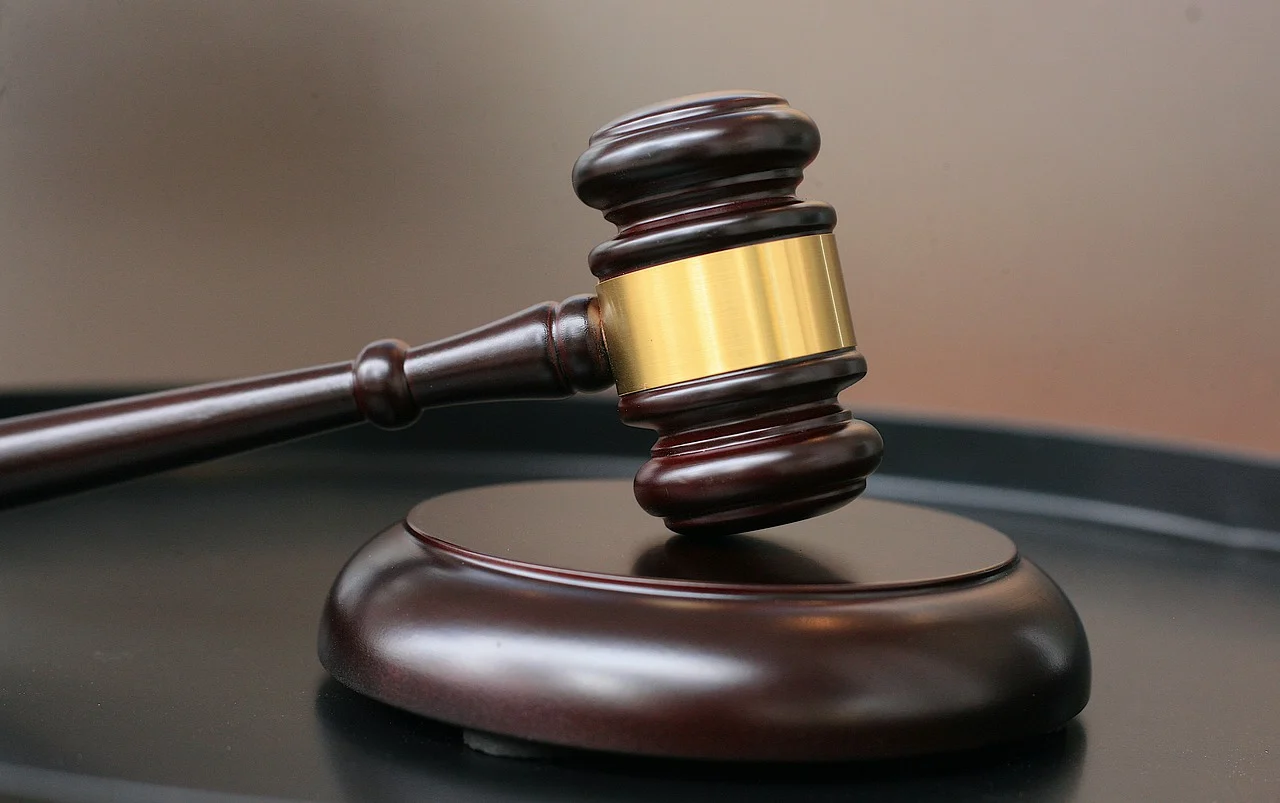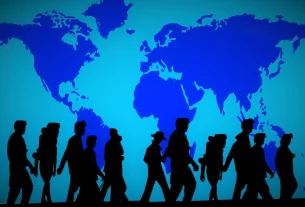Date: November 14, 2024
The Inter-American Court of Human Rights (IACHR) has ruled that the Guatemalan government is responsible for the forced disappearance of four Indigenous human rights activists in 1989. In a landmark decision on Thursday, November 14, 2024, the Costa Rica-based court determined that the men were victims of human rights violations perpetrated by members of the Guatemalan army. The ruling, which highlights the country’s failure to investigate and prosecute those responsible for the disappearances, marks a significant moment in the ongoing struggle for justice and accountability in Guatemala.
The Disappearances of Four Activists:
The case centers around the forced disappearances of Agapito Pérez Lucas, Nicolás Mateo, Macario Pú Chivalán, and Luis Ruiz Luis, who were all involved in human rights activism and advocacy for Indigenous peoples in Guatemala. The four men, prominent defenders of Indigenous land rights and social justice, were abducted by Guatemalan military personnel in 1989 during a period of intense repression against Indigenous communities. The victims had previously received threats from government agents due to their work advocating for the rights of Guatemala’s Indigenous populations.
According to the court, the four men were taken by military forces, and their whereabouts remain unknown. The Guatemalan government did not make serious efforts to investigate their disappearances, nor did it take any steps to bring the perpetrators to justice.
Court’s Findings and Ruling:
In its ruling, the IACHR concluded that the Guatemalan government was directly responsible for the forced disappearance of the four activists. The court noted that the disappearances occurred during a period of widespread human rights abuses in the country, when the Guatemalan military and state forces were engaged in systematic campaigns of violence against civil society groups and Indigenous communities, particularly during the country’s long-running civil war.
The court also emphasized that the Guatemalan government failed in its duty to investigate the disappearances or hold accountable the individuals responsible for these acts of violence. The IACHR found that this inaction contributed to the victims’ suffering and violated their rights to life, personal integrity, and protection from forced disappearance.
The court ruled that Guatemala must take measures to investigate the circumstances of the disappearances, identify the perpetrators, and ensure they are held accountable. In addition, the state must provide reparations to the families of the victims, which could include financial compensation, public recognition, and guarantees that such violations will not occur again.
Context of Human Rights Violations in Guatemala:
The forced disappearance of the four Indigenous activists occurred during one of the darkest periods in Guatemala’s history. The country was in the midst of a brutal civil war (1960–1996), which involved widespread atrocities, including massacres, disappearances, and torture, particularly targeting Indigenous populations and social justice activists.
The Guatemalan government and military at the time were accused of engaging in a campaign of repression against left-wing activists, community leaders, and Indigenous groups, many of whom were seen as threats to the political and economic status quo. The legacy of these abuses continues to affect Guatemala today, as many families of the disappeared are still seeking justice and accountability for crimes committed during the civil war.
While some perpetrators of these crimes have faced prosecution, many cases remain unresolved, and many families of the disappeared still do not know the fate of their loved ones. This latest ruling by the IACHR is an important step toward ensuring that Guatemala addresses its past and provides justice for those affected by state-sponsored violence.
Guatemala’s Responsibility and the Path Forward:
In its ruling, the Inter-American Court called on the Guatemalan government to take immediate steps to clarify the fate of the four men and hold accountable those responsible for their disappearances. Guatemala has been under increasing international pressure to address the legacy of human rights abuses committed during its civil conflict and to strengthen efforts toward justice and reconciliation.
The ruling highlights the broader issue of accountability for human rights violations in Guatemala. Despite efforts by civil society groups, international organizations, and the United Nations, many cases of forced disappearances, killings, and torture remain unresolved. The IACHR’s decision underscores the need for Guatemala to commit to comprehensive investigations into these crimes and to ensure that the victims’ families receive justice.
Response from Human Rights Organizations:
Human rights groups in Guatemala and across the region have welcomed the ruling, calling it a vital step toward justice for the victims of forced disappearance and for all those who suffered during Guatemala’s civil war. Activists argue that such rulings are essential for the country’s healing process, allowing victims and their families to finally receive recognition and reparation for the atrocities they endured.
Alejandra Rodríguez, a spokesperson for the Guatemalan Human Rights Commission, said: “This ruling is a victory for the families of the disappeared, but it is also a reminder that Guatemala must confront its past and ensure that those responsible for these crimes are held accountable. The truth and justice for victims like Agapito Pérez Lucas and his colleagues are crucial steps toward building a future based on respect for human rights.”
Legal and Political Implications:
The IACHR’s ruling is binding under international law, meaning that the Guatemalan government is legally obligated to comply with its terms. However, the implementation of the court’s decision could face political challenges. Guatemala’s legal system has been criticized for its inability or unwillingness to hold powerful figures, particularly within the military, accountable for past crimes.
In recent years, Guatemala has seen an erosion of judicial independence, with judicial actors, particularly those involved in high-profile human rights cases, facing threats, intimidation, and even violence. However, the ruling signals to both the government and the public that the country’s obligations under international law must be met, regardless of political pressures.
Conclusion:
The IACHR’s ruling that the Guatemalan government is responsible for the forced disappearance of four Indigenous human rights activists in 1989 is a landmark decision in the ongoing quest for justice in Guatemala. It underscores the need for accountability and the resolution of the country’s painful history of human rights violations. As Guatemala continues to grapple with the legacy of its civil war, this ruling sends a strong message about the importance of addressing past atrocities and ensuring that the victims’ families are given the truth and reparations they deserve.
References:
- Inter-American Court of Human Rights Ruling, November 14, 2024
- “Guatemala Forced Disappearances and Human Rights,” Amnesty International, 2024
- “The Legacy of Guatemala’s Civil War: Human Rights and Accountability,” Human Rights Watch, 2023
- El Periódico, “Guatemala Ordered to Investigate 1989 Disappearances,” November 2024



